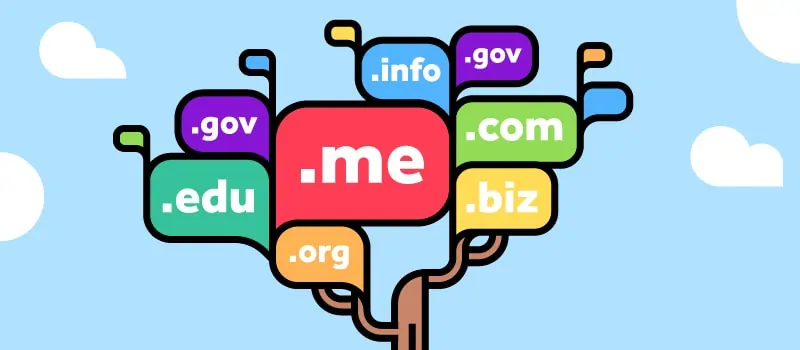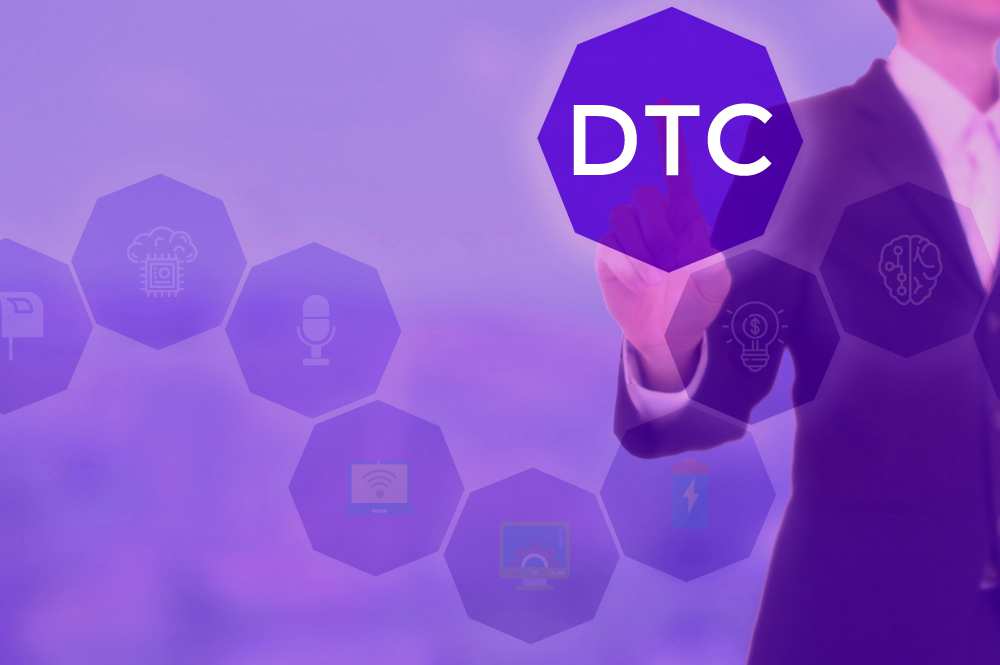Can You Sell a Website?

Starting a business with the intention of eventually ending your relationship with it can be counter-intuitive for an entrepreneur. Industry experts, however, urge online business owners to not only keep an exit in mind from day one, but also to plan appropriately for it.
There are a number of common exit strategies for online businesses. Sale to an external investor is the most popular solution for owners looking to make a "clean break."
Whether they intend to use capital raised in the sale to fund their next venture, or simply plan to retire on the proceeds, a website owner's primary objective with a sale will always be to obtain the highest possible price for their product.
This post aims to help business owners to:
- Determine whether their businesses are viable prospects for a sale.
- Position their website to make it an attractive proposition for potential buyers.
- Ensure that they take it to market with an accurate valuation.
What Are Website Buyers Looking For?
Aside from the imperative that the site is appropriately priced (a topic discussed in greater detail later), prospects most likely to grab the interest of potential buyers are those that will generate a sustainable, passive income for the new owner.
These are generally sites whose revenue is not overly dependent on the owner's persistent operational involvement. Sellers are highly incentivized to prove their businesses can operate effectively on processes and relationships that will not be compromised upon a change in ownership, especially if the new owner intends to assume passive role in the day-to-day management of the company.
Expressing this information in a meaningful way may not be within the skillset of a website owner, one of several reasons why the involvement of an experienced M&A adviser is beneficial to both seller and buyer.
 "Providing meaningful information on a website's operational dependence on its owner is among the core deliverables when a business broker determines the feasibility of a prospect."
"Providing meaningful information on a website's operational dependence on its owner is among the core deliverables when a business broker determines the feasibility of a prospect."
"Thomas Smale, FE International
Attractive Business Models
While there will always be ways to separate the owner's involvement in operations from the company's income, there are certain online business models where this is simply more doable than others.
Affiliate Marketing
Affiliate marketing websites are among the most effective passive income businesses. Revenue is generated by the website (referred to as a "publisher" in this context) promoting the products or services of third-party merchants.
Publishers either claim a percentage of a sale that originated from their platform or are paid a fixed amount for a specified action (like subscribing to a newsletter) that the referred user completes on the merchant's site.
Advertising
There is a lot of overlap between sites operating on an advertising revenue model and affiliate marketers. The primary objective for both is to provide visitors with good quality content with the intention of promoting a third party site (referred to as the 'advertiser' in this context).
The major difference, however, is sites who focus on advertising are not incentivizing their users to complete an action on the advertiser's page, but to simply get as many users as possible to see or click on advertisements displayed on the site.
Ecommerce
This is arguably the most well-known business model among Web users and is certainly the easiest to understand since it so closely emulates the oldest of offline business models, retail. Simply put, merchants offer a catalog of products or services which customers purchase using online payment methods.
Software as a Service (SaaS)
SaaS businesses offer customers access to software applications on a subscription-based revenue model as opposed to the traditional method of a user purchasing a lifetime license.
Typically, these applications will be centrally hosted and accessed via the user's web browser, although the term has evolved to include software that users install locally but require an active subscription to access.
SaaS has become so popular that even prestige software companies like Microsoft and Adobe are actively shifting their flagship products to this payment model.
 Is the Seller Getting a Fair Price for Their Site?
Is the Seller Getting a Fair Price for Their Site?
Now we get to the crux of the discussion. Once the buyer has gauged the site's feasibility as a source of passive income, they can dive deeper into the metrics that determine the actual value of the business.
As can be expected, the effort involved in building an accurate reflection of a site's worth is heavily reliant on specialist skills and experience in the online acquisitions industry.
Certain valuation drivers, specifically those that relate to financial record keeping, are easily obtainable from the site's current owner, but can be vulnerable to manipulation. To put potential buyer's understandable concerns at ease in this respect, sellers need to ensure that their records are verified by a third party.
Other factors that affect a site's value are less dependent on information supplied by the seller and rely more on having a profound understanding of the industry and niche that the site plays in. This is knowledge that the buyer will either inherently have due to their professional background, or be able to gain through thorough research.
Aside from those mentioned earlier in the article (reliance on current owner involvement and financial records), other areas that require assessment to create a valuation are discussed below.
Traffic
This refers to the website's ability to attract new customers, typically via traditional mechanisms like advertising campaigns and search engine rankings.
Typical questions
- Are current referral programs effective and sustainable?
- How effective and secure are current search engine rankings?
- Is there room for more growth?
Operations
This refers to the factors that ensure the business functions effectively, specifically from a technical and resource perspective.
Typical questions
- What level of technical knowledge is required to manage the business?
- How are current staff members and contractors managed?
- Are there standard operating procedures (SOPs) in place? Are they well-documented?
- What level of threat do established competitors pose?
- How saturated is the niche/what are the barriers to entry?
- What expansion options are available within the niche?
- Is the niche evergreen?
Customer base
This refers to the processes involved in acquiring and retaining customers as well as maximizing the value the business can extract from them.
Typical questions
- How much does it cost to acquire a new customer?
- What are the reasons for the business losing customers?
- What is the customer LTV?
In Closing
For an online business owner to ensure they obtain maximum value from the sale of their website, they need to focus on the following four aspects of creating an attractive proposition:
- Be visible
The seller needs to get their site onto a buyer's radar by appealing to their most likely priority: obtaining maximum value from minimum operational effort.
- Be trustworthy
Data susceptible to being cooked to create a false view of the company's success should be authenticated by a reputable and objective third party.
- Be fair
It is crucial to offer the website at a price commensurate with the value the seller can extract from it. Building the knowledge that informs the asking price is dependent on a level of skill and diligence that few site owners have been capable of without the involvement of experts.
- Be humble
By involving an established M&A advisor in the sale of a site, proving the above forms part of the standard assessment of all sites in their inventory.
The owner of a successful online business got it to where it is by focusing on doing what they know best and involving experts to advise them where they don't.
The sale of the business they worked so hard to build should be no different.
About the Author
Thomas Smale is a serial online business entrepreneur and expert. Early in his career, he began building and selling small online companies. This turned into one of his ventures when he founded FE International in 2010, growing the business with zero funds from ground up and consistently doubling annual revenue, as well as the average deal size. FE has several subsidiaries, including MageMail, MRR Media and GrooveJar. Thomas specializes in advising in the M&A of SaaS, e-commerce, affiliate and content businesses. He has consulted thousands of Internet entrepreneurs on exit strategy, growth and business development.








